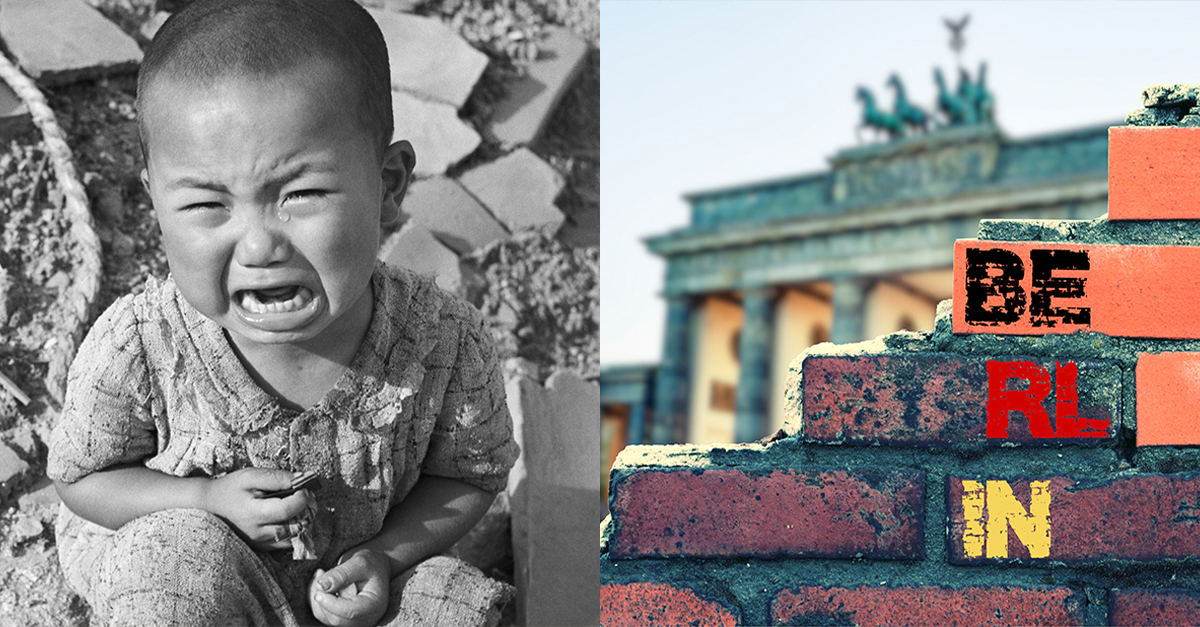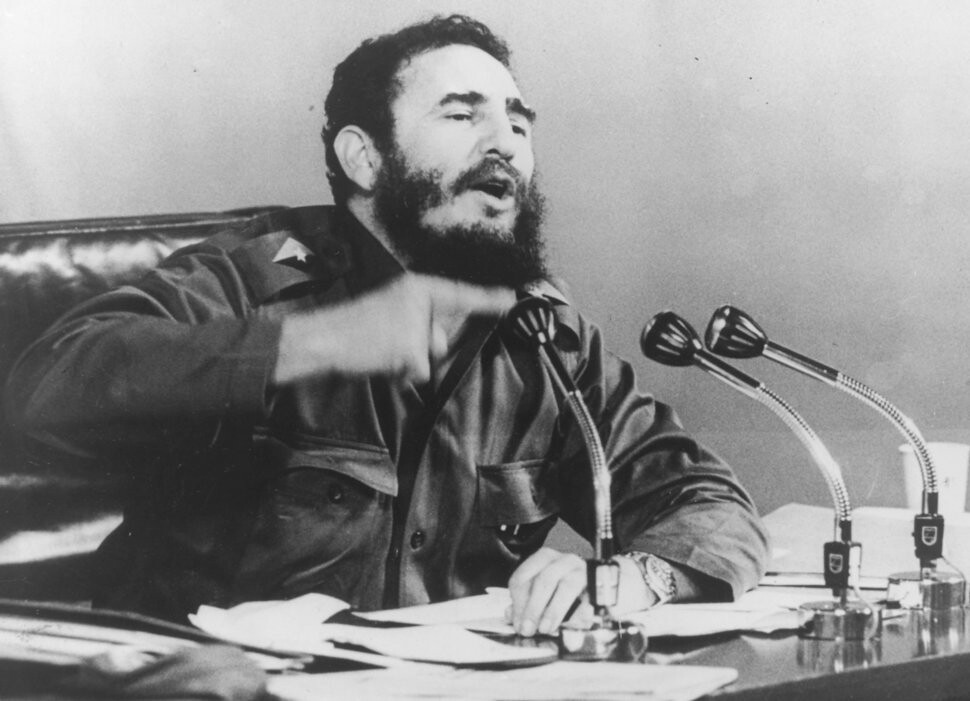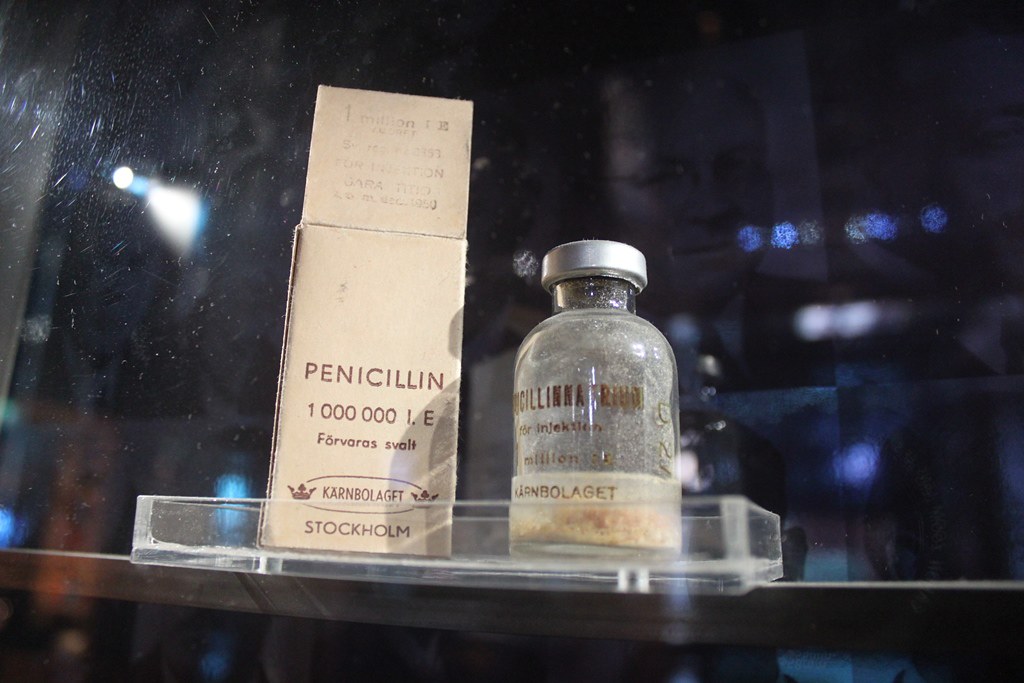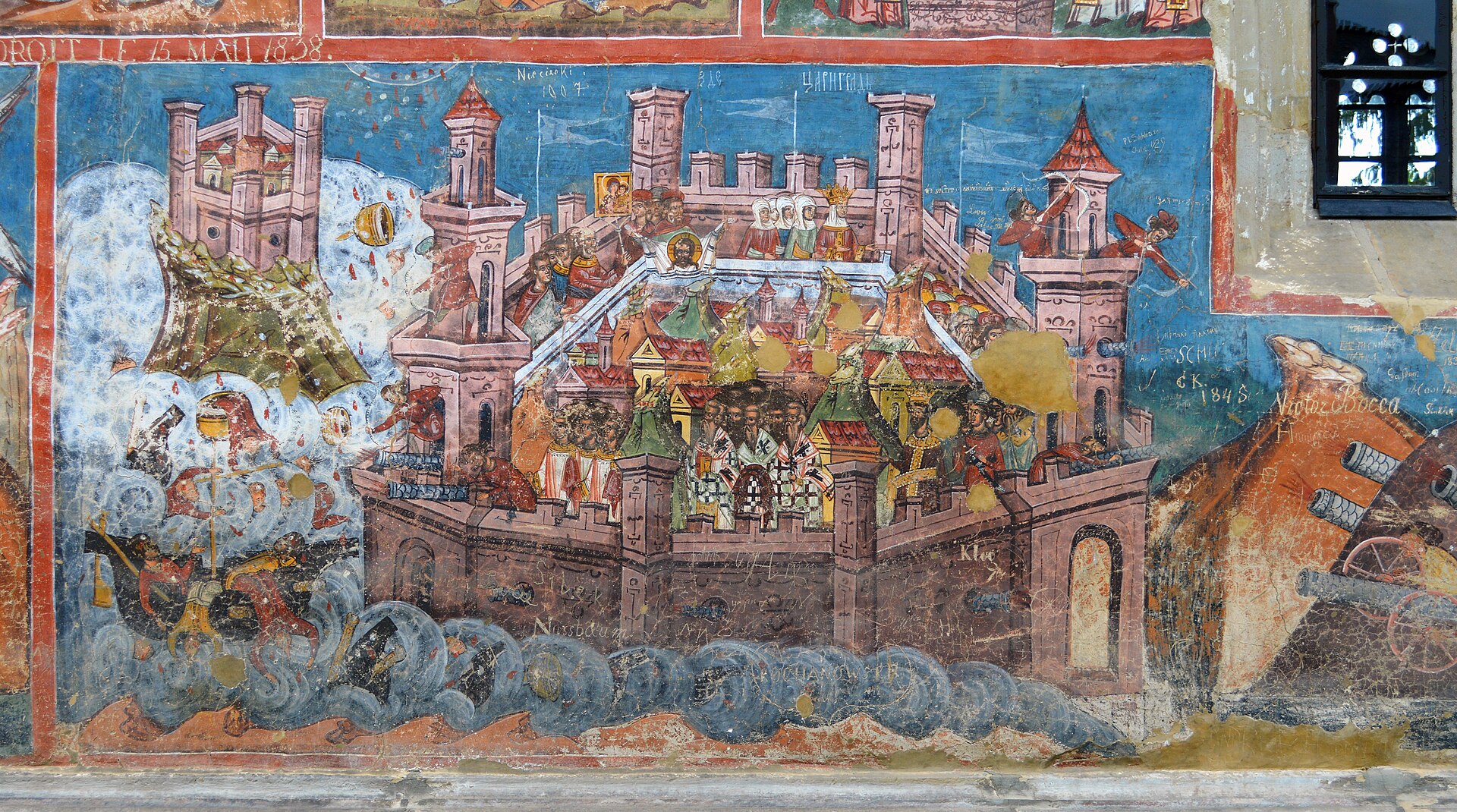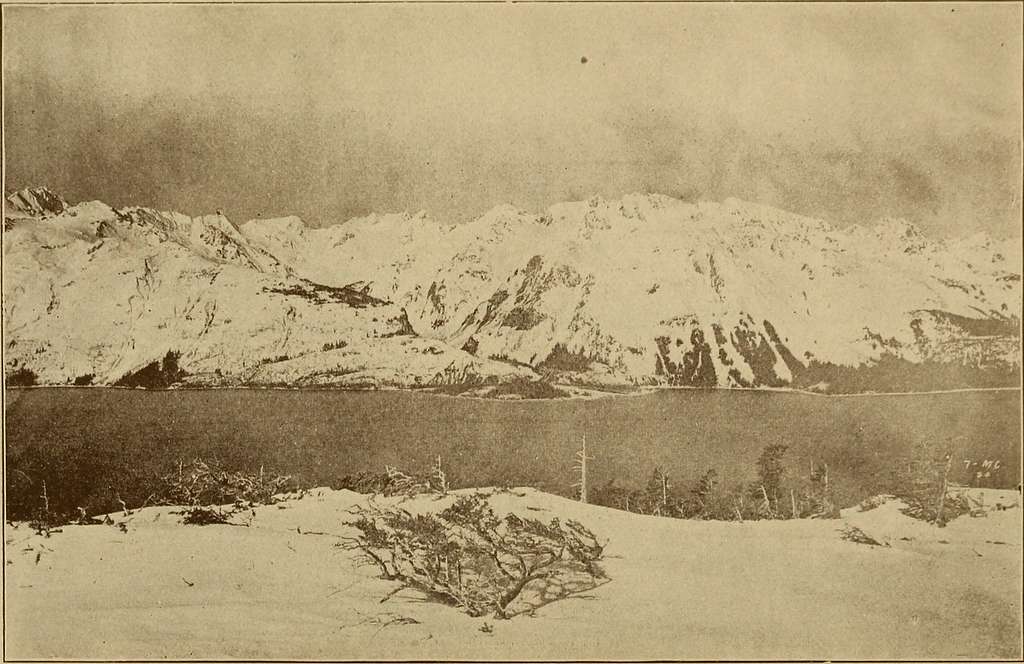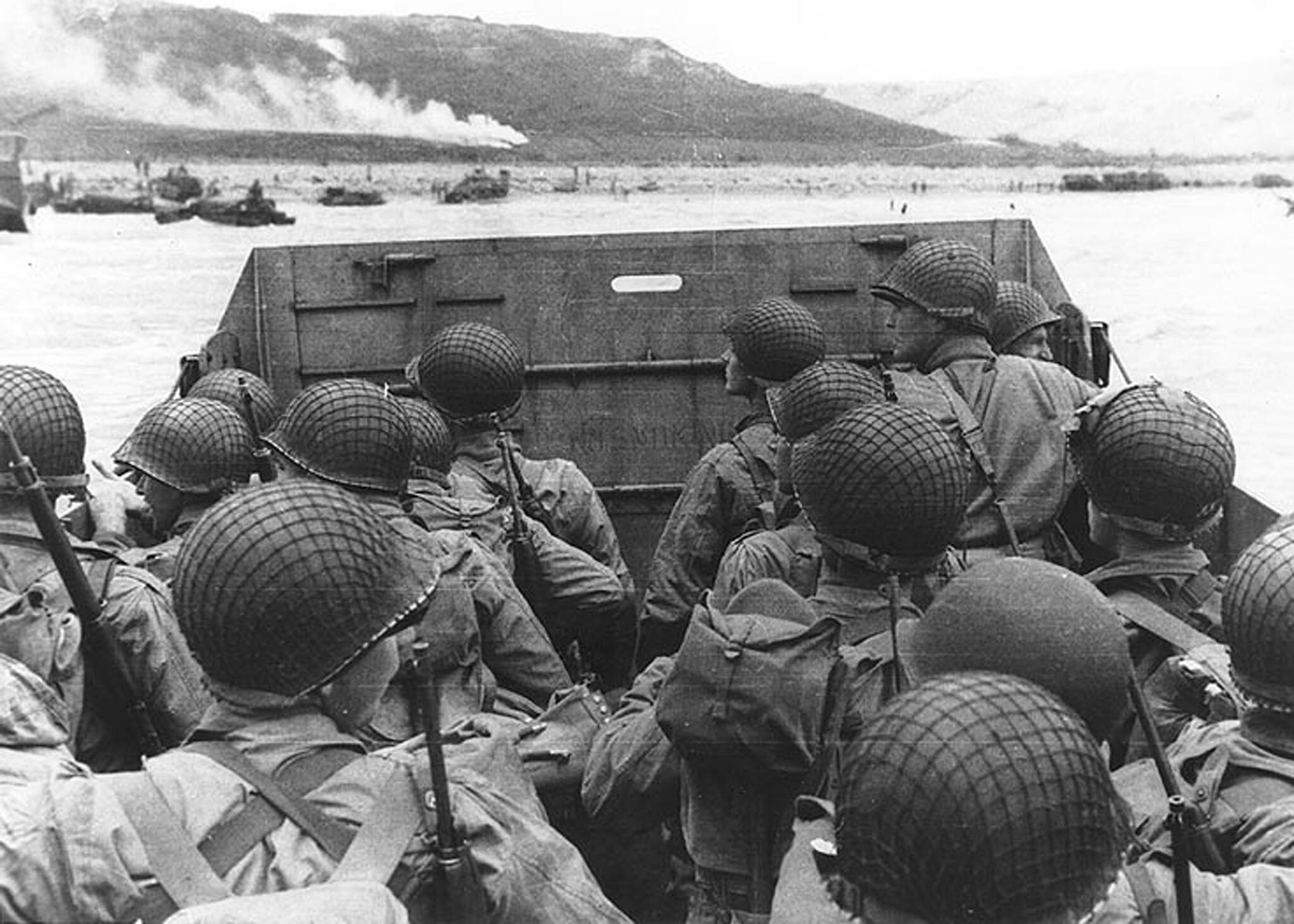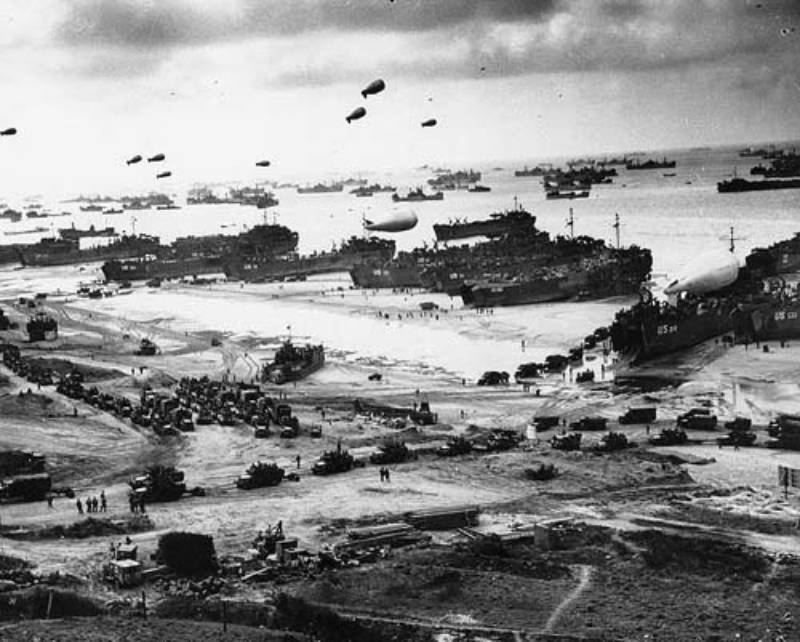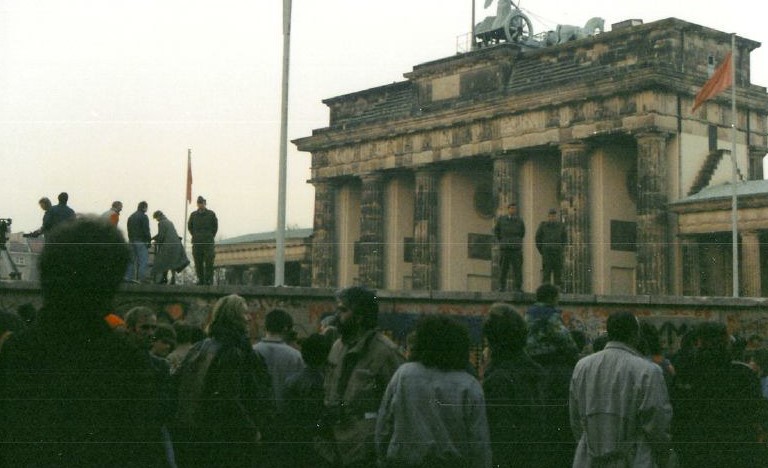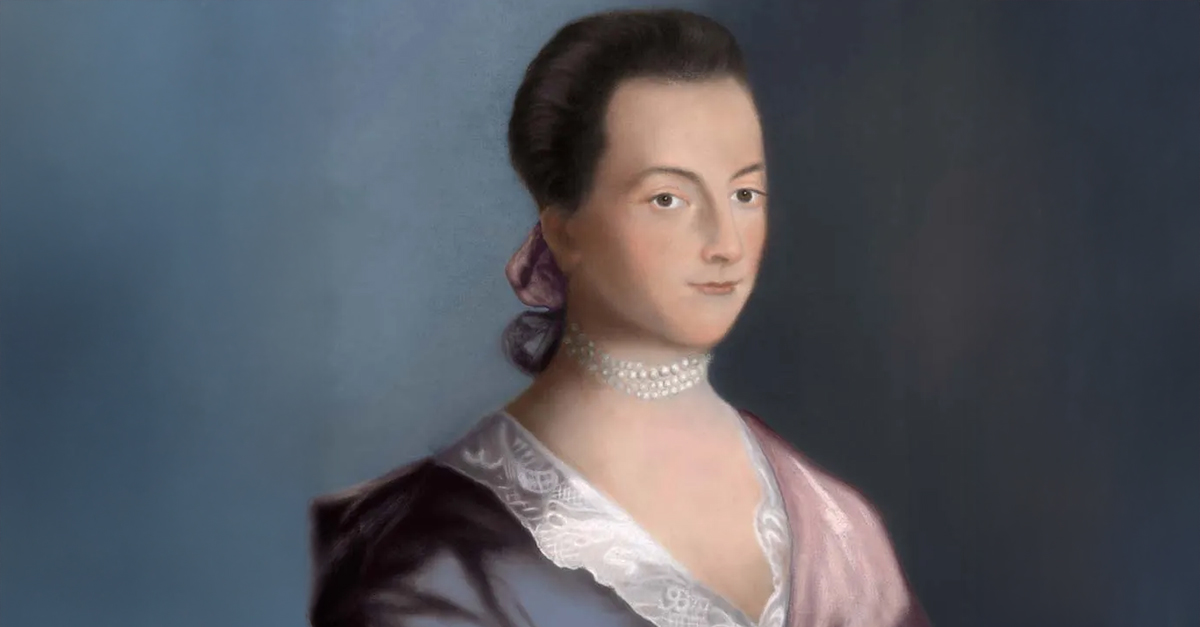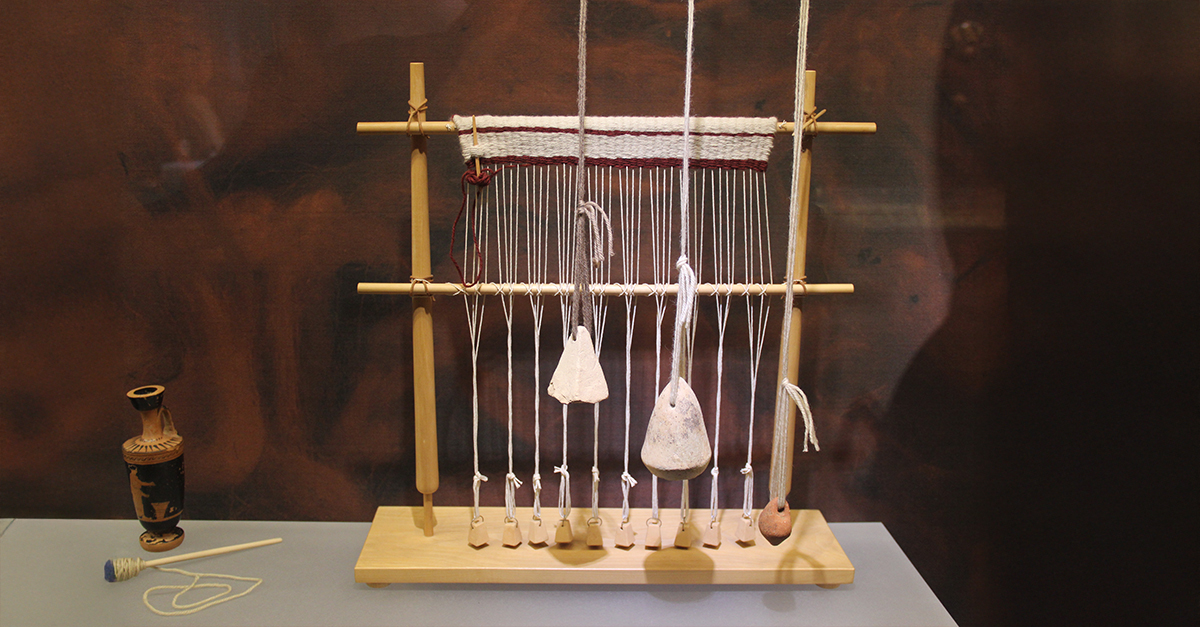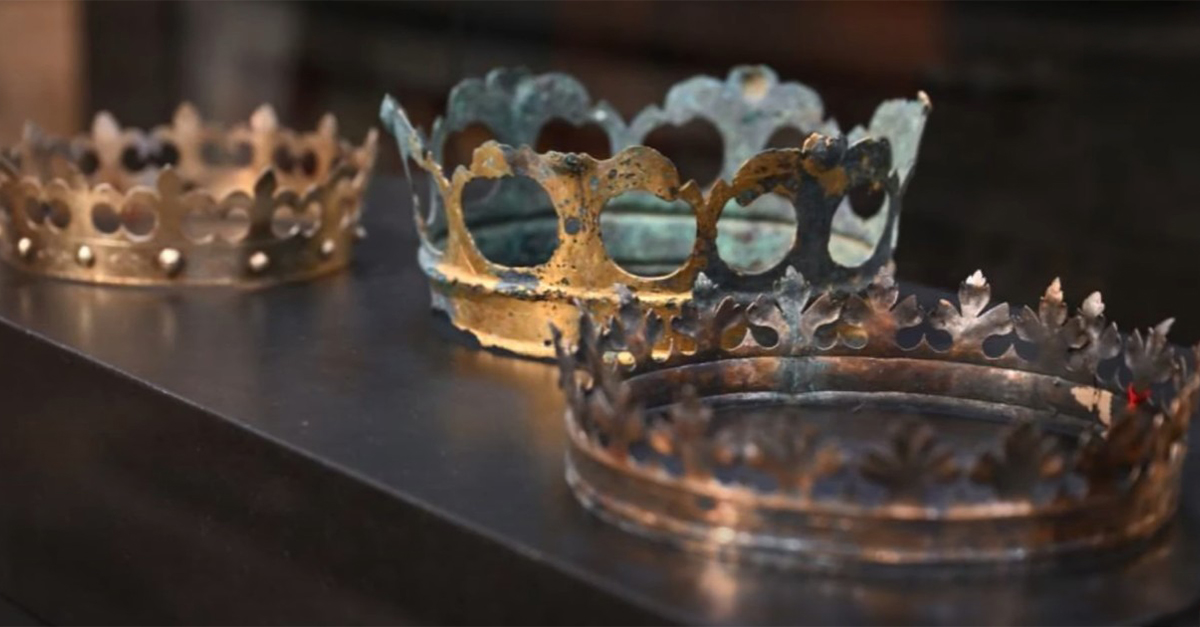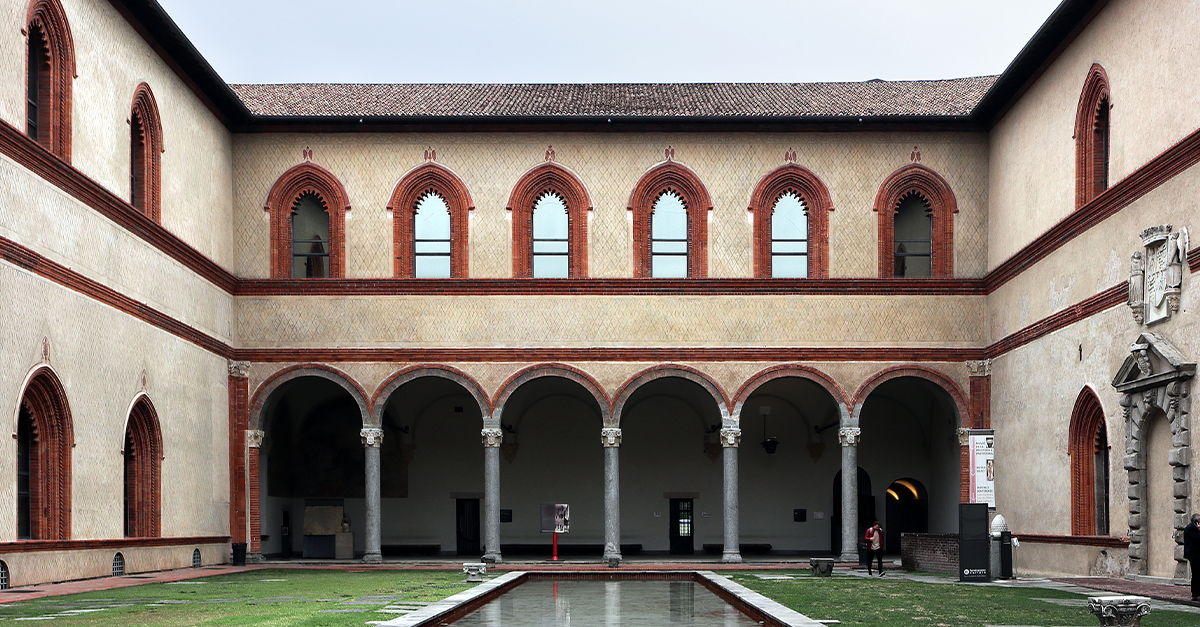The Power Of One Decision
It's wild how one human decision can be the catalyst for greatness or tragedy. Here are the nine mistakes in history that changed the world forever.

The Bombing Of Hiroshima And Nagasaki: A Terrible Misunderstanding
In 1945, with the close of WWII, the Allies wanted Japan's unconditional surrender. But one press conference led to one of the most chilling moments in history.
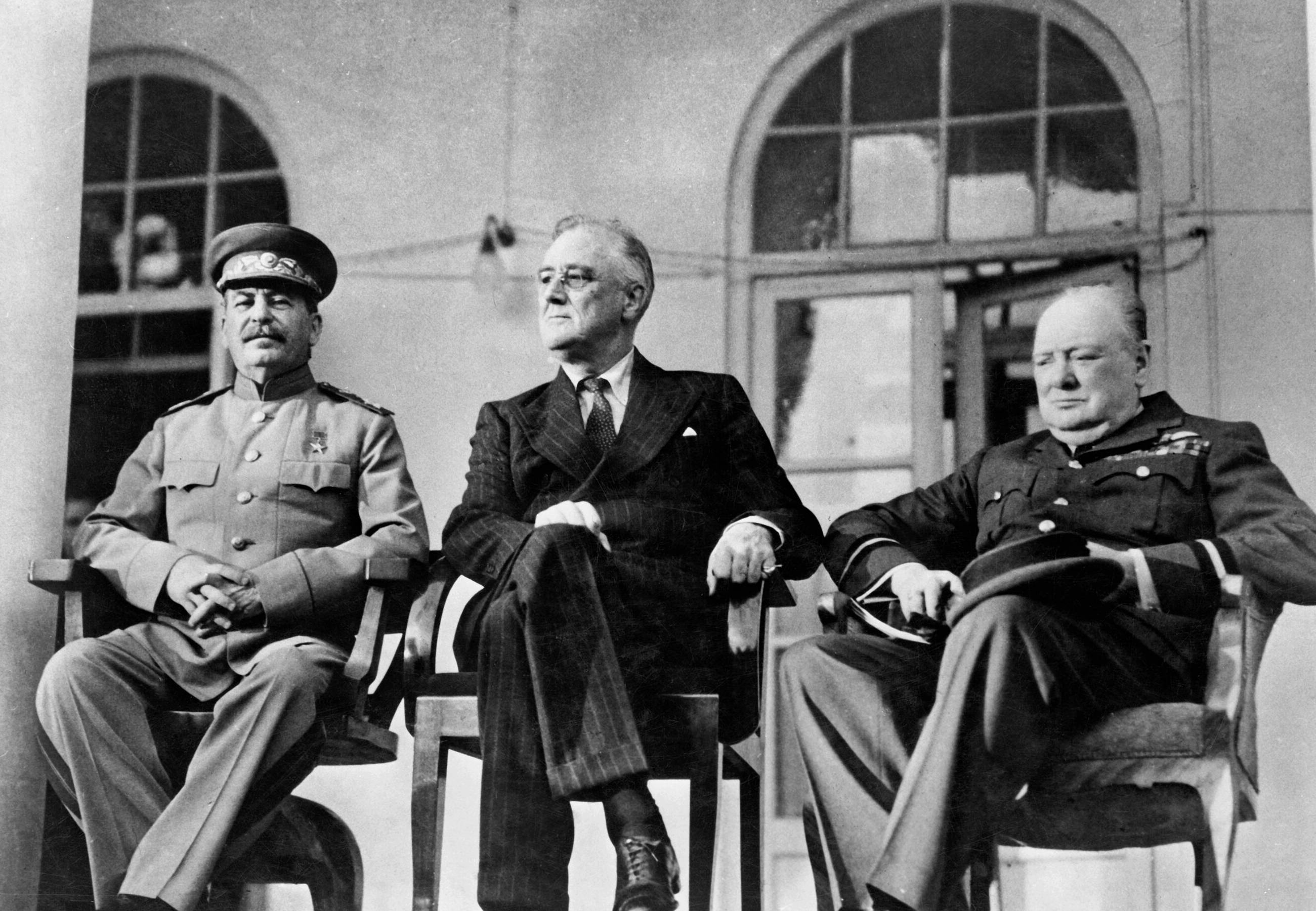 U.S. Signal Corps photo., Wikimedia Commons
U.S. Signal Corps photo., Wikimedia Commons
He Used The Wrong Word
At this press conference, the Japanese prime minister, Suzuki Kantarō, replied to the Allies' demands, using the word "mokusatsu." This can mean "treat with contempt" or "ignore." He also noted that Japan wouldn't give up the fight. This turned out to be a grave mistake.
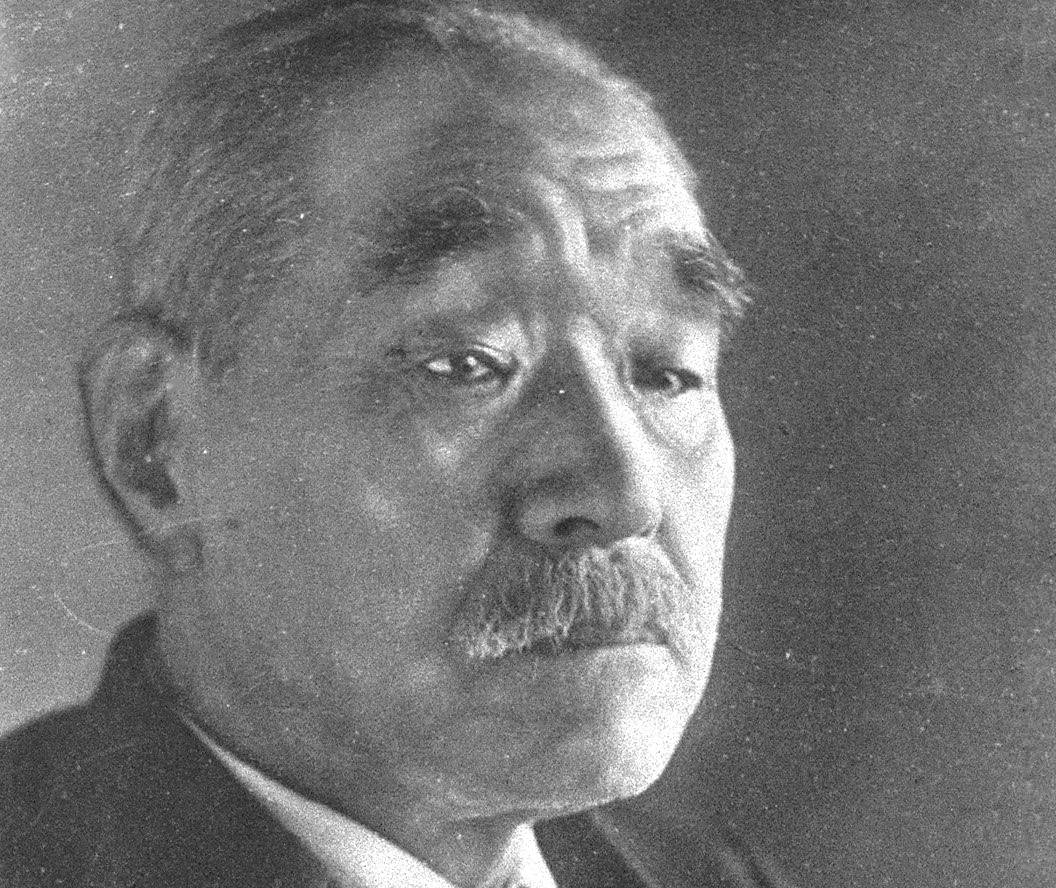 Unknown author, Wikimedia Commons
Unknown author, Wikimedia Commons
They Misinterpreted His Statement
Unfortunately, Suzuki Katarō's statements were completely misinterpreted. Japan obviously wasn't going to be the victor, but they didn't want to completely shut down their army. They also wanted to protect the future of the Emperor. However, the word "mokusatsu" came off as a distinct threat.
The consequences were horrific.
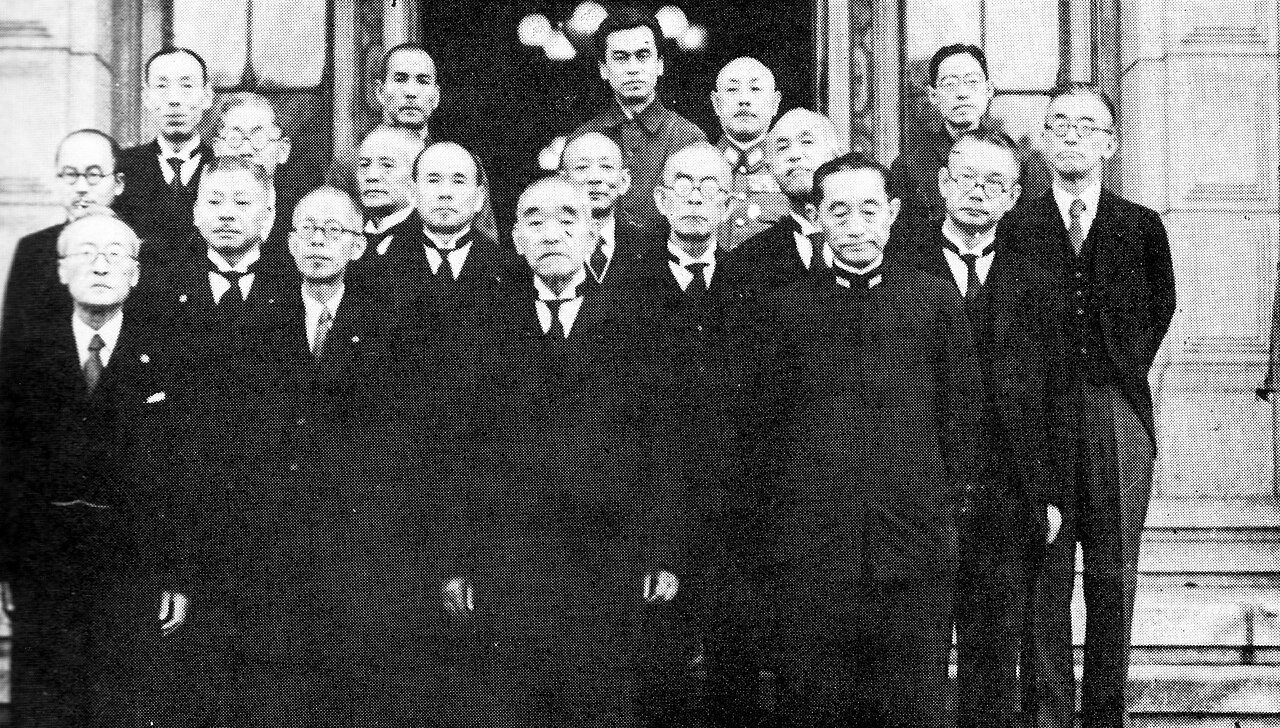 Unknown Author, Wikimedia Commons
Unknown Author, Wikimedia Commons
The US Took Extreme Action
Following this press conference, the United States retaliated, dropping atomic bombs on Hiroshima and Nagasaki. Around 200,000 civilians tragically lost their lives.
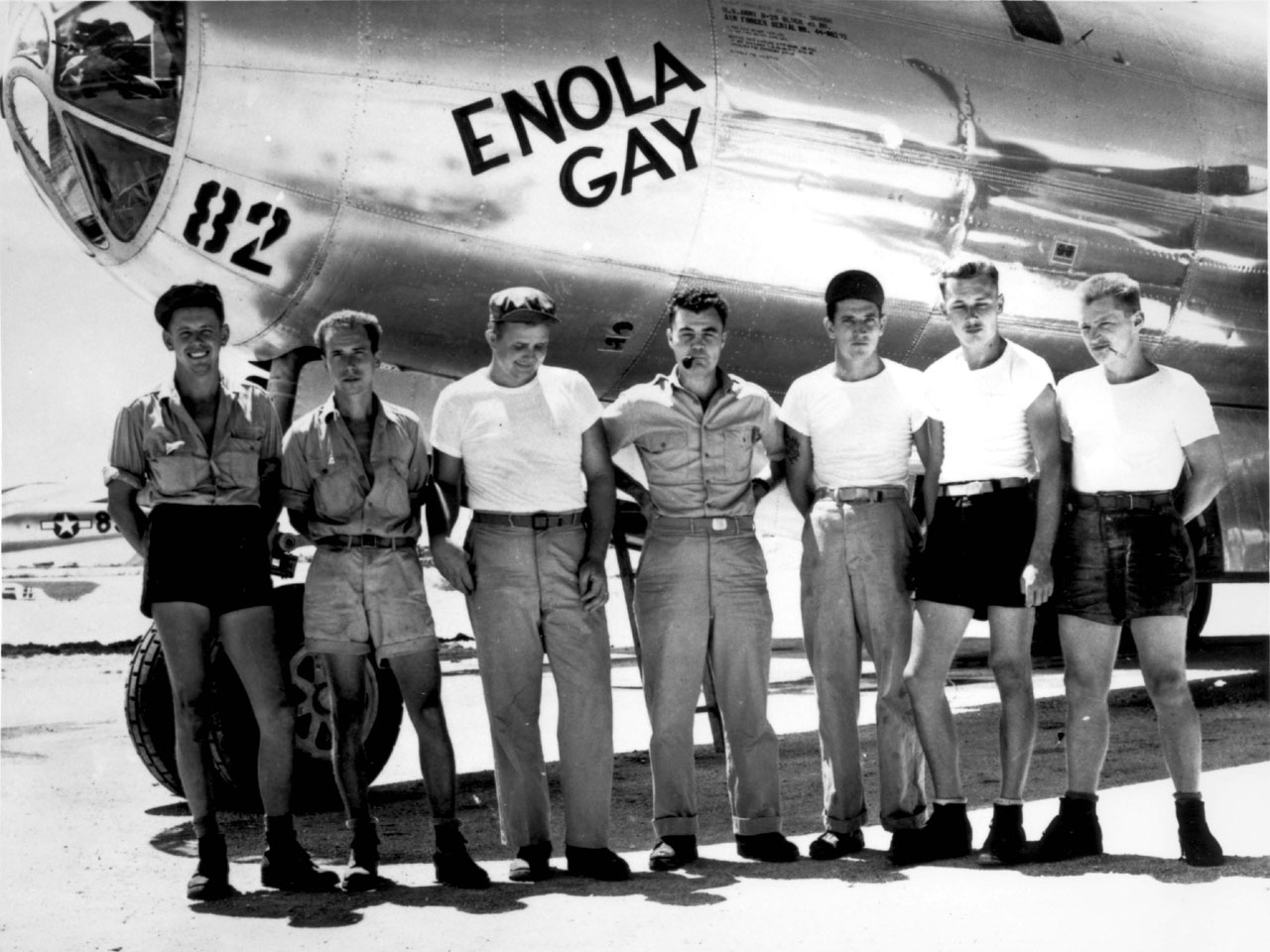 Unknown Author, Wikimedia Commons
Unknown Author, Wikimedia Commons
The Bay Of Pigs Invasion: Forgotten Time Zones
America supported several coup d'états throughout the Cold War—but not all of them went as planned. In fact, the mission in Cuba went horrifically wrong.
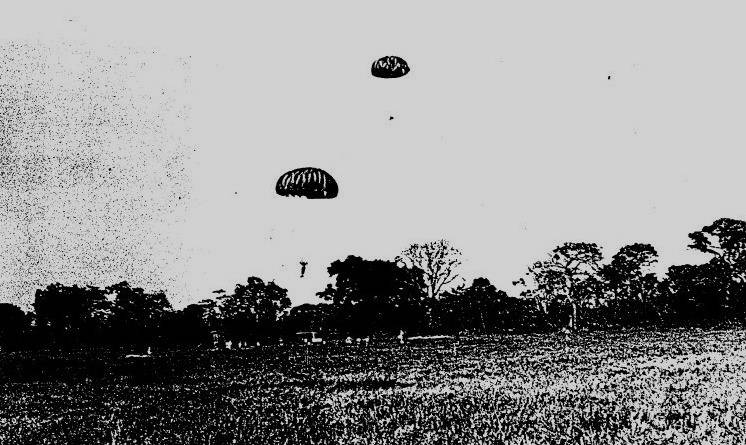 Unknown Author, Wikimedia Commons
Unknown Author, Wikimedia Commons
A Doomed Plan
You see, the US was concerned about Prime Minister Fidel Castro and his communist regime. In 1961, the CIA launched the Bay of Pigs Invasion. They sent Cuban counter-revolutionaries to the nation's southern coast. But from there, the plan took a dark turn.
A Lazy Paint Job
Unfortunately, the US did a terrible job of disguising their involvement. They painted old B-26 bombers to look like Cuban planes, but the result was nowhere near convincing enough. Everyone knew it was the US.
President Kennedy had no choice but to withdraw them. However, there was one more mistake to be made.
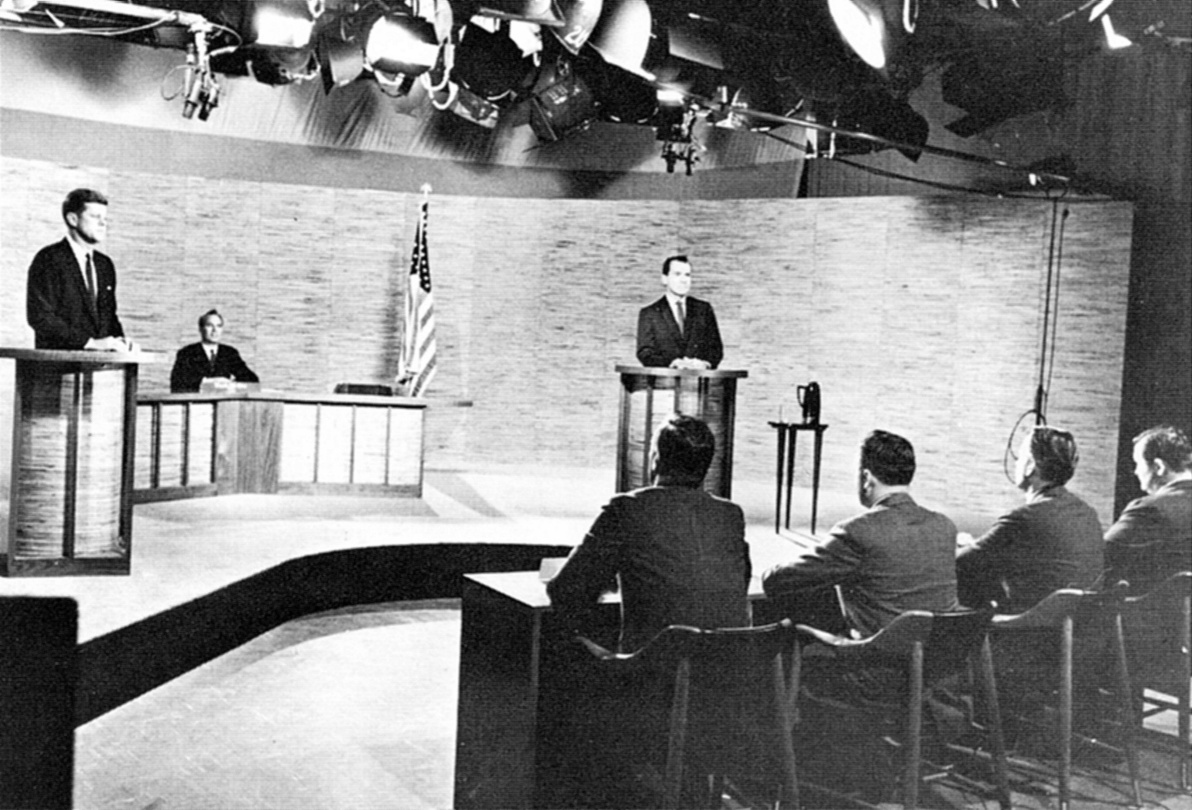 United Press International, Wikimedia Commons
United Press International, Wikimedia Commons
An Hour Too Late
From Nicaragua, a bombing raid began their mission, only to find themselves without the necessary escort of fighter jets. The humiliating reason why? Someone had failed to take into account the one-hour time difference.
 RuthAS, CC BY 3.0, Wikimedia Commons
RuthAS, CC BY 3.0, Wikimedia Commons
Alexander Fleming's Happy Accident: Penicillin
Thankfully, not all mistakes are catastrophic. Alexander Fleming, a Scottish physician, made a life-changing accident in his lab.
 Ministry of Information Photo Division Photographer, Wikimedia Commons
Ministry of Information Photo Division Photographer, Wikimedia Commons
He Left His Cultures Out
In 1928, Fleming had been doing research on the bacteria Staphylococcus. When the weekend came around, he mistakenly left some cultures in a petri dish out. When he finally came back, he made a shocking discovery.
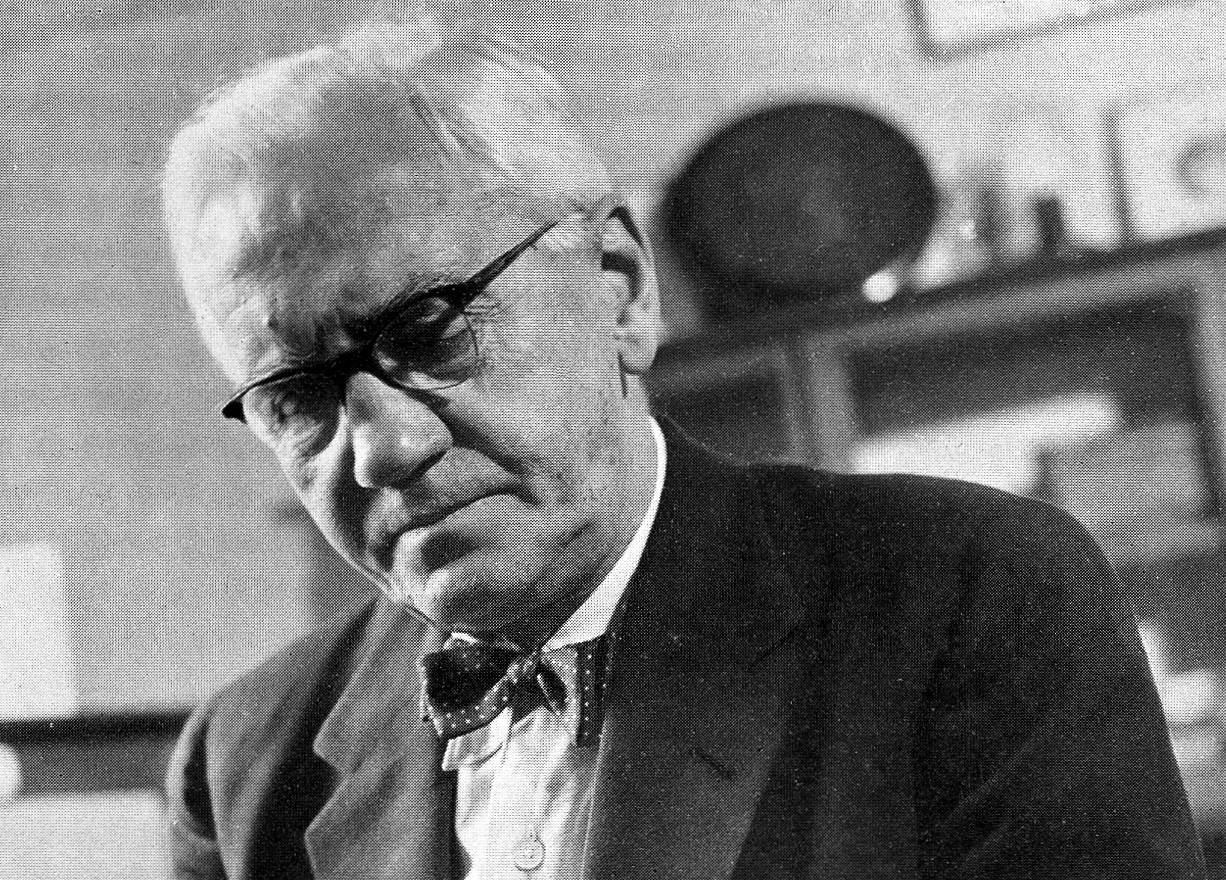 Unknown Author, CC BY 4.0 , Wikimedia Commons
Unknown Author, CC BY 4.0 , Wikimedia Commons
The Very First Antibiotic
Fleming looked at his forgotten petri dish and saw fungus growing on it. Any of the bacteria near the fungus had been eradicated. This was the beginning of the world's very first antibiotic—Penicillin. The history of medicine would never be the same.
Constantinople: Un Unlocked Gate
By the 1450s, The Byzantine Empire was in crisis. It had shrunk to a vulnerable size: the capital of Constantinople and some islands. They were inevitably doomed—but one mistake expedited the process.
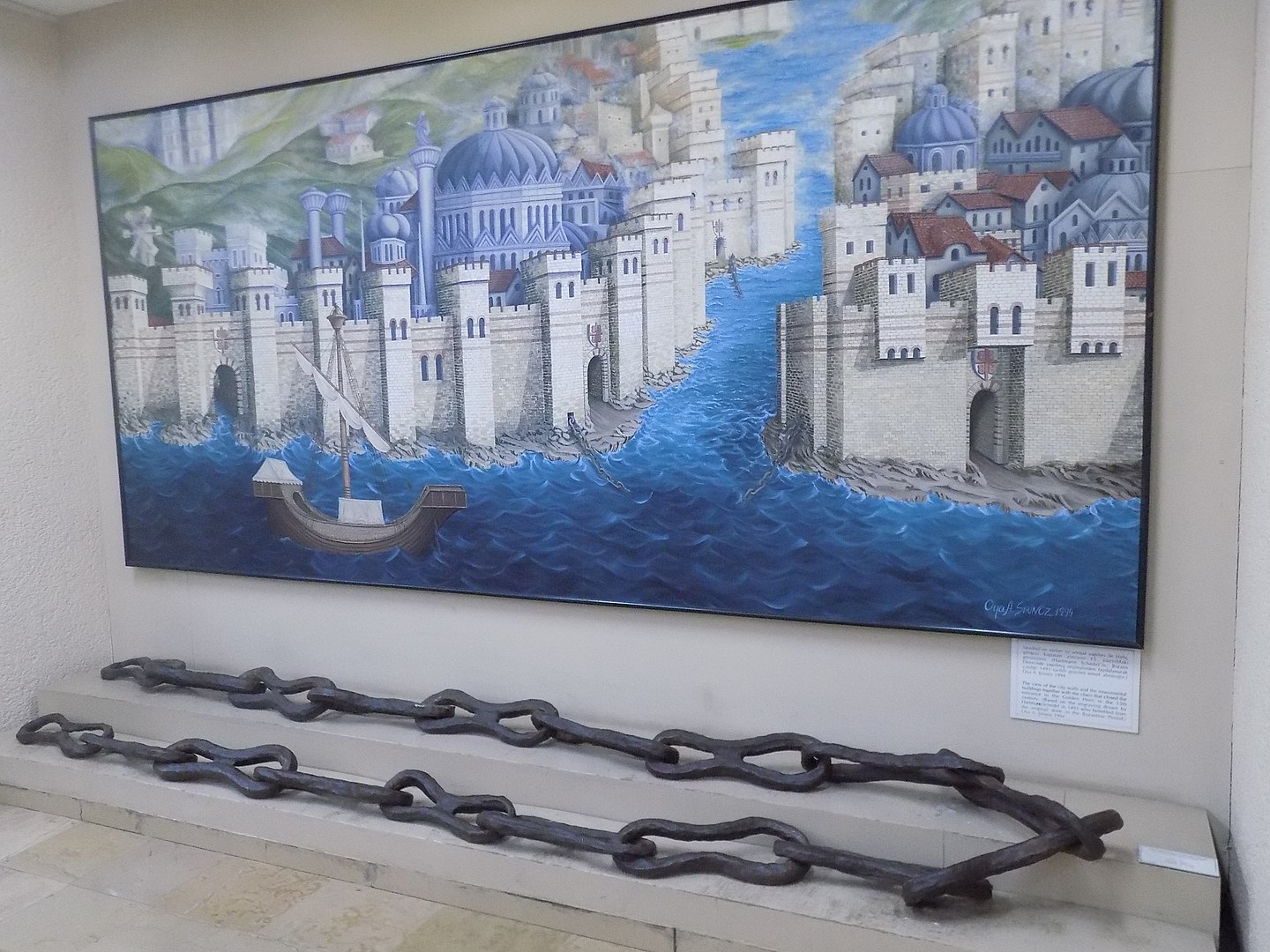 Cobija, CC BY-SA 4.0, Wikimedia Commons
Cobija, CC BY-SA 4.0, Wikimedia Commons
A Chilling Siege
In 1453, the Ottoman Empire invaded the city. The siege lasted 53 days. The Ottomans had an overwhelming army, as well as powerful munitions—but they had one of their enemy's mistakes to thank for their swift victory.
They Had Easy Access
Someone made the terrible mistake of leaving the Kerkoporta unlocked, which was a small—but important—gate. Thanks to easy access, around 50 Ottomans were able to enter Constantinople and flash their victorious flags.
This caused utter panic among the defenders—and the Ottomans quickly gained the upper hand.
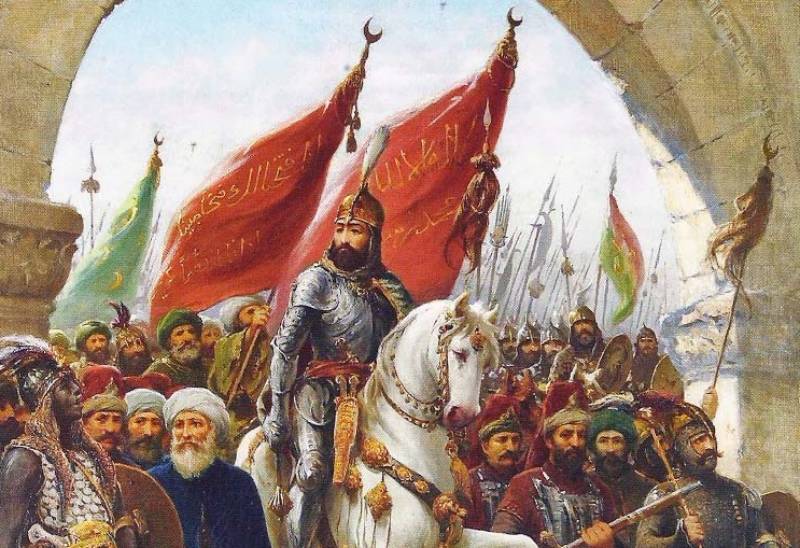 Fausto Zonaro, Wikimedia Commons
Fausto Zonaro, Wikimedia Commons
Archduke Franz Ferdinand: One Wrong Turn
The infamous assassination of Archduke Franz Ferdinand has gone down in history as the spark for WWI. However, this bloody incident could have been evaded if not for one twist of fate.
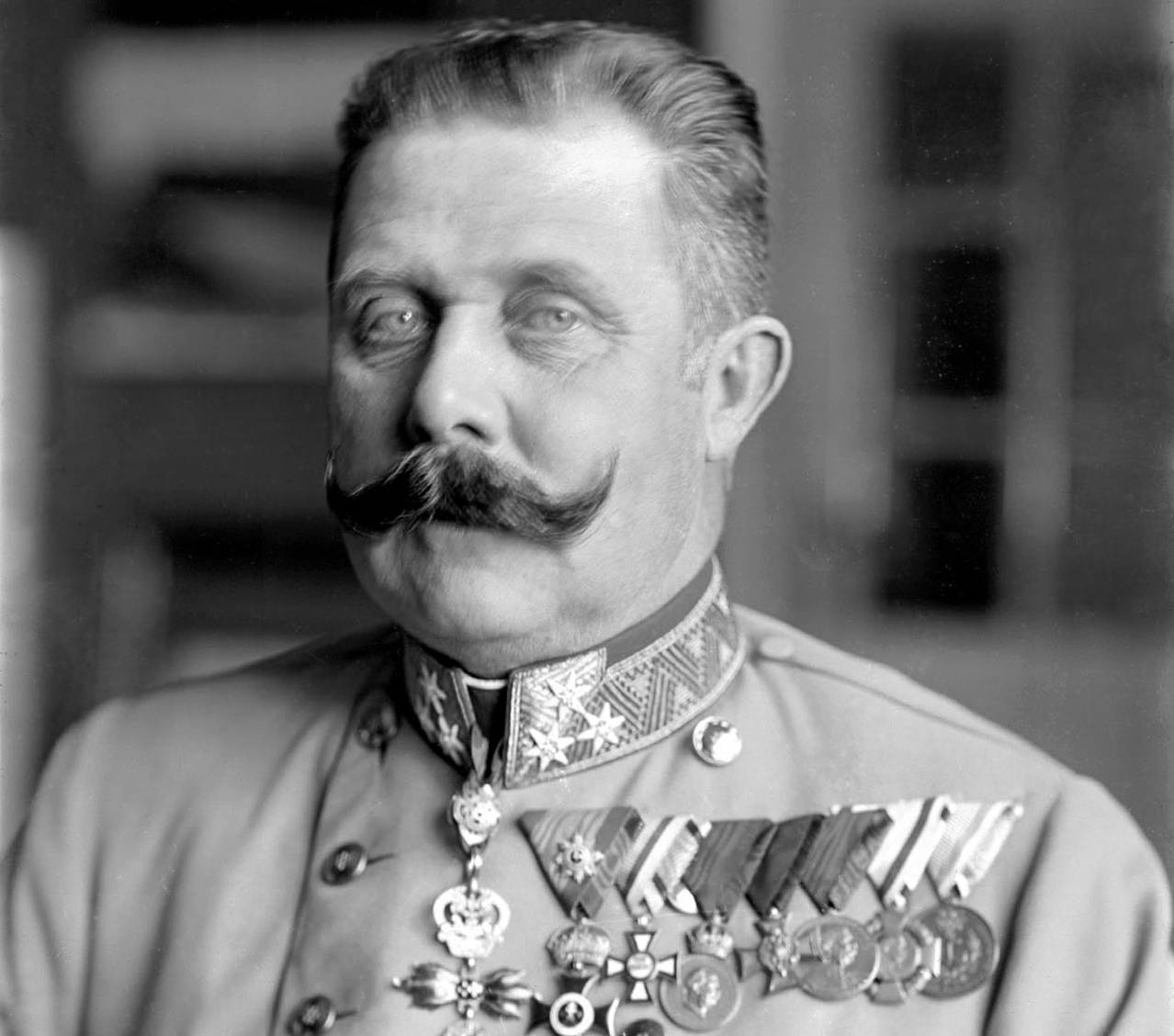 Ferdinand Schmutzer, Wikimedia Commons
Ferdinand Schmutzer, Wikimedia Commons
He Couldn't Outrun His Fate
At the time, the archduke had already dodged the grim reaper once before. While visiting Sarajevo, the same group tried to take him out with a bomb. However, it was on his return journey that he faced mortal danger once again.
The Driver Didn't Understand
You see, the archduke driver was Czech and didn't understand the travel directions. They ended up taking a wrong turn. When the vehicle came to a halt, it stopped right next to one of the assassins, giving them the opportunity to carry out their mission.
The archduke and his wife lost their lives—and history was forever changed.
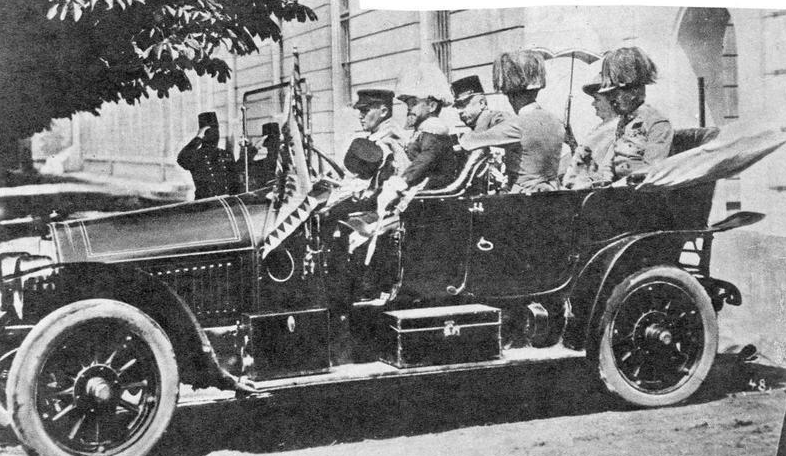 Imperial War Museums UK, Picryl
Imperial War Museums UK, Picryl
When Russia Sold Alaska
The Crimean War truly disrupted Russia's order of operations. Many countries began blocking its sea routes. As a result, Russia was no longer able to send necessary supplies to one of its biggest territories—Alaska.
This caused them to make a drastic decision.
They Weren't Thinking Longterm
In 1867, Russia sold Alaska to the US for 7.2 million dollars. In the moment, it seemed to like the right decision—but many think that it was actually a mistake.
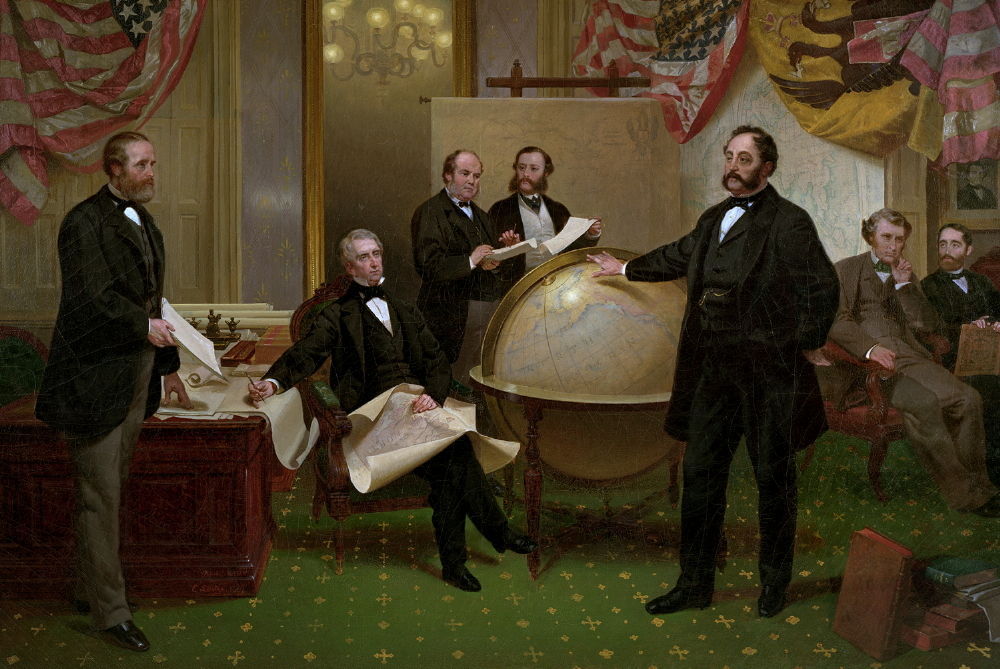 Emanuel Leutze (d. 1868), Wikimedia Commons
Emanuel Leutze (d. 1868), Wikimedia Commons
Wave Goodbye To Those Resources
Alaska is a rich territory of resources. Both its gold and oil would have profited Russia more than the price they sold it for. As well, if Russia still had its fingers in North America, the Cold War may have followed a different trajectory.
D-Day: The Birthday That Changed Everything
D-Day is often considered the beginning of the end of WWII. On June 6, 1944, the Allies sought to reclaim Western Europe by embarking on a risky operation.
 National Archives and Records Administration, Wikimedia Commons
National Archives and Records Administration, Wikimedia Commons
It Could Have Ended Differently
Landing on the beach of Normandy, France, the Allies faced a real-life nightmare. The fatalities were overwhelming. However, D-Day did play an essential part in the overall victory on the Western Front.
That said, few know that the entire operation could have had a different ending.
The General Took Leave For A Birthday
You see, Erwin Rommel was one of the German's best generals. He oversaw the the German defense of the Atlantic Wall. However, by chance, his wife's birthday fell on June 6th—and so Rommel took leave. But that wasn't all.
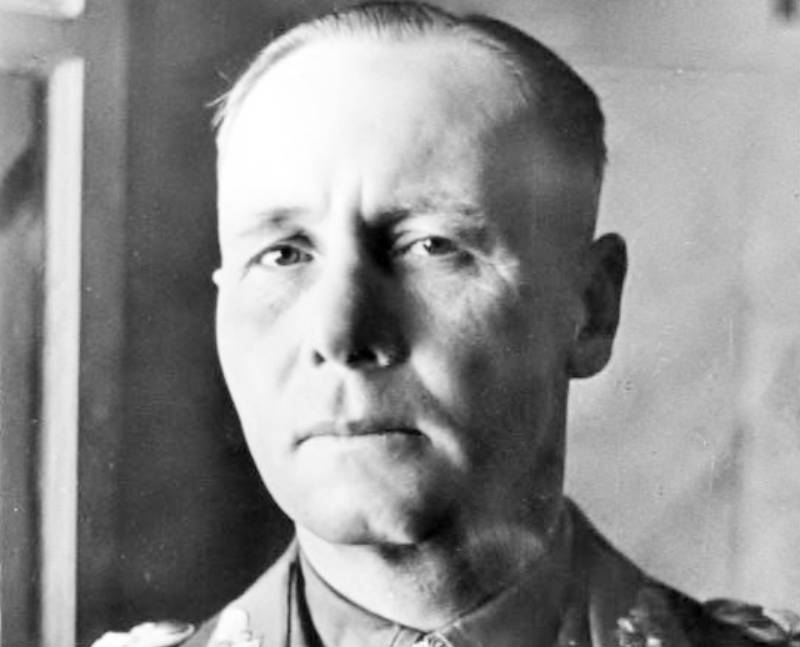 Bundesarchiv, Bild, CC-BY-SA 3.0, Wikimedia Commons
Bundesarchiv, Bild, CC-BY-SA 3.0, Wikimedia Commons
They Got The Weather Wrong
German meteorologists also messed up. They believed that there'd be stormy weather for a couple weeks, which eliminated any changed of a seaborne invasion. Some believe that if Rommel had been in charge, the beachhead may not have been taken by the Allies.
Christopher Columbus Had No Clue What He Was Doing
The Italian explorer Christopher Columbus has been touted as the man who discovered the Americas. Of course, these days, we're far more critical of him—especially his despicable conduct toward Indigenous people.
As well, the man's many achievements resulted from his deeply erroneous ways of thinking.
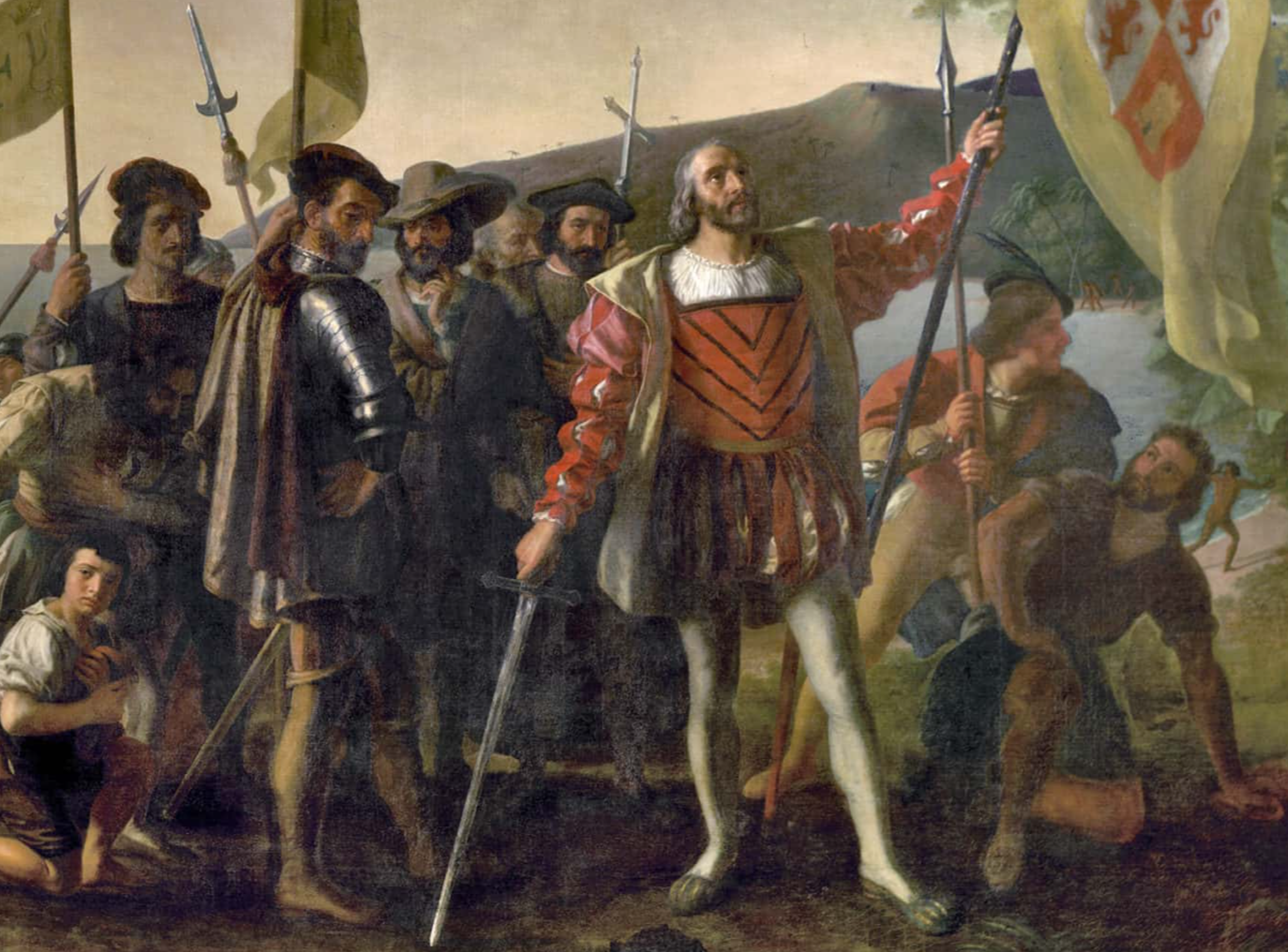 John Vanderlyn, Wikimedia Commons
John Vanderlyn, Wikimedia Commons
He Thought The Earth Was Small
Yes, Christopher Columbus did indeed look for Asia, traveling across the Atlantic in his attempt. However, his understanding of the Earth's size was all wrong. He thought it was much smaller and used misguided estimates.
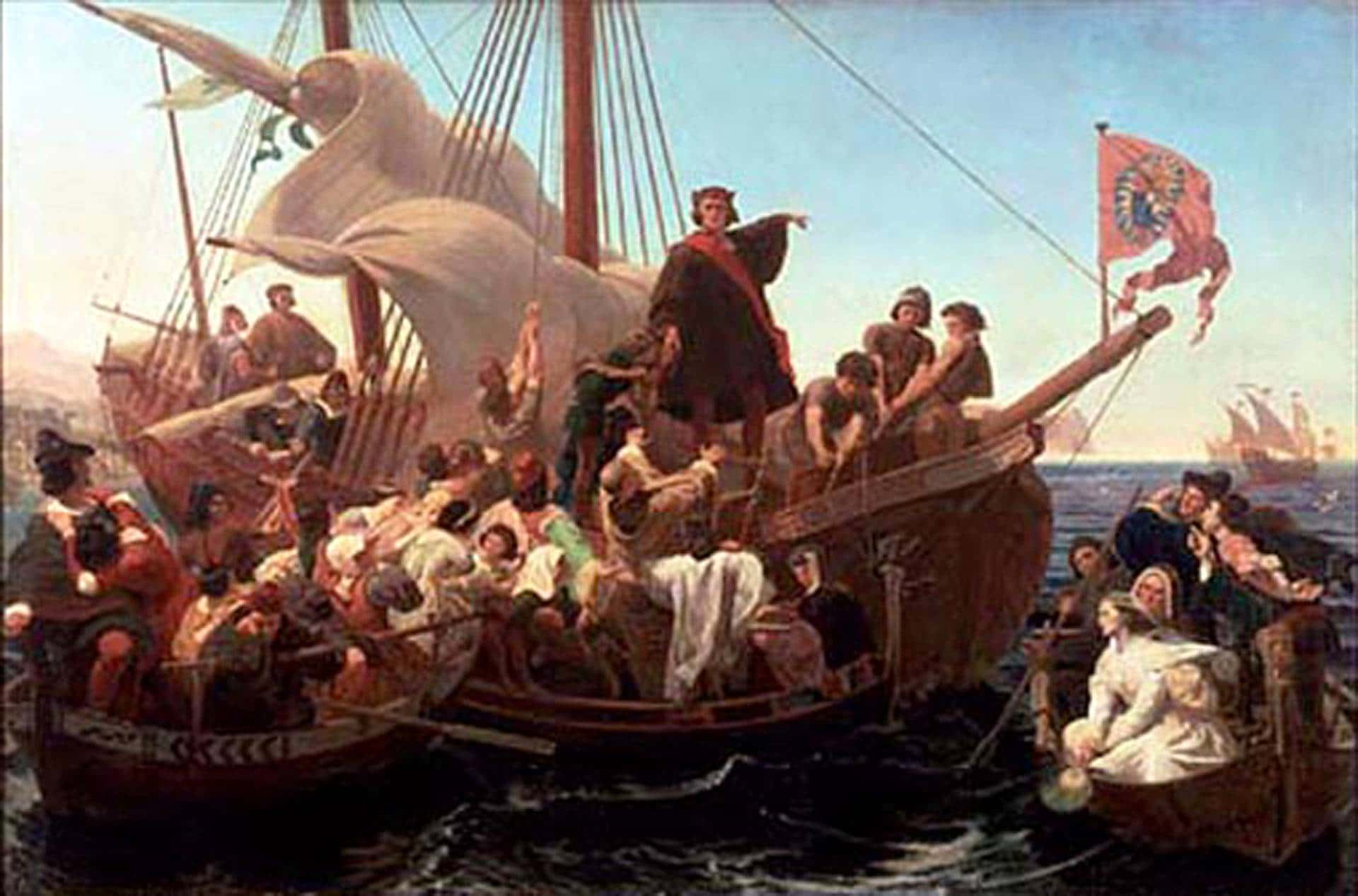 Emanuel Leutze, Wikimedia Commons
Emanuel Leutze, Wikimedia Commons
He Didn't Understand Geography
Columbus' understanding of geography was appalling, so when he arrived in America, he assumed it was Asia. There's a good chance that without Spain's demand for spices, Columbus would never have set sail in the first place.
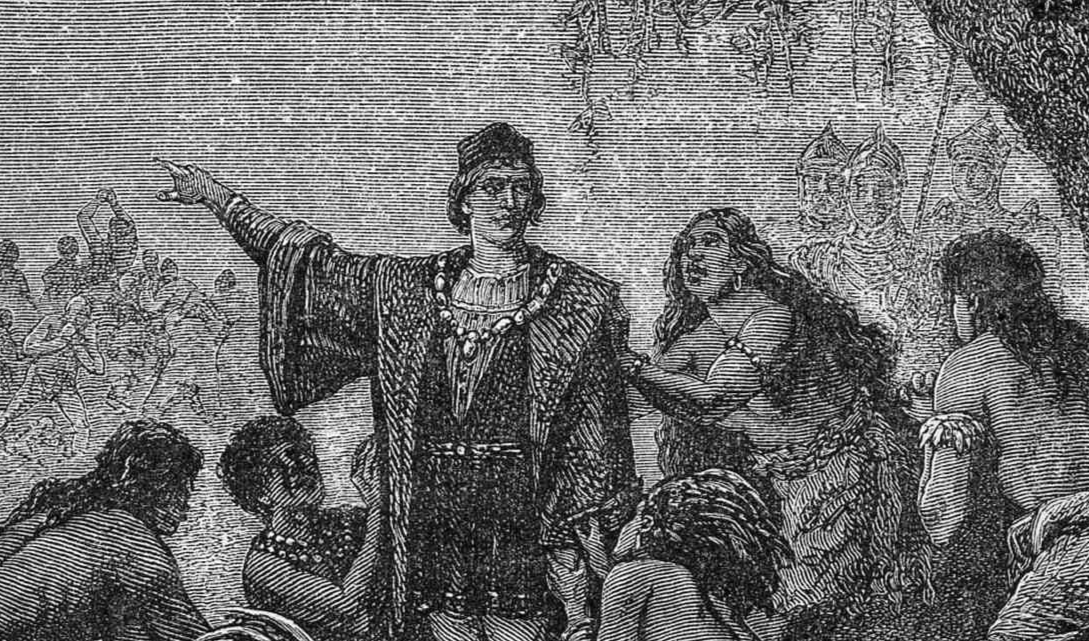 Camille Flammarion, Wikimedia Commons
Camille Flammarion, Wikimedia Commons
The Berlin Wall: A Public Announcement Gone Wrong
The Berlin Wall divided East and West Germany—a dark symbol of the Iron Curtain. The wall was constructed to impede citizens from fleeing the communist East to the democratic West.
However, thanks to one oblivious East German official, the wall fell far sooner than imagined.
 Noir, CC BY-SA 3.0, Wikimedia Commons
Noir, CC BY-SA 3.0, Wikimedia Commons
A Fateful Day In History
November 9, 1989 was a very important day in history. The German official Günter Schabowski messed up a public announcement at a press conference. His words incited a mass movement.
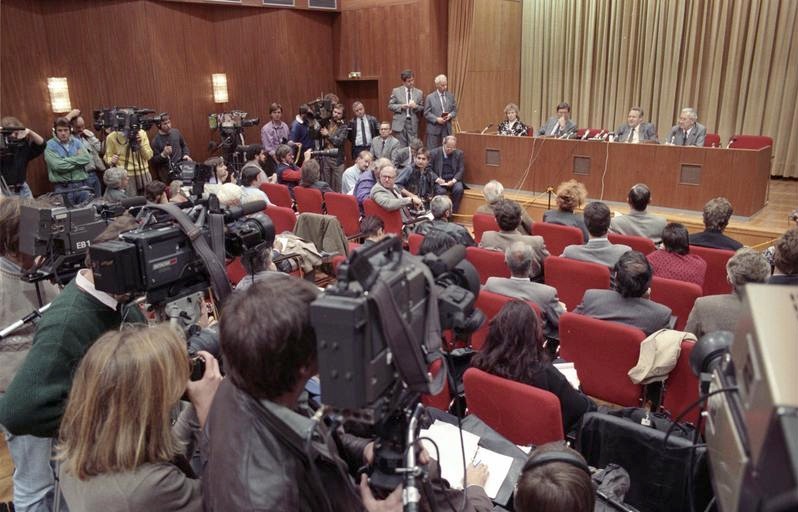 Lehmann, Thomas, CC-BY-SA 3.0, Wikimedia Commons
Lehmann, Thomas, CC-BY-SA 3.0, Wikimedia Commons
He Gave Them Permission
Schabowski said, “...we have decided today to implement a regulation that allows every citizen of the German Democratic Republic to leave East Germany through any of the border crossings.” But that wasn't the worst part.
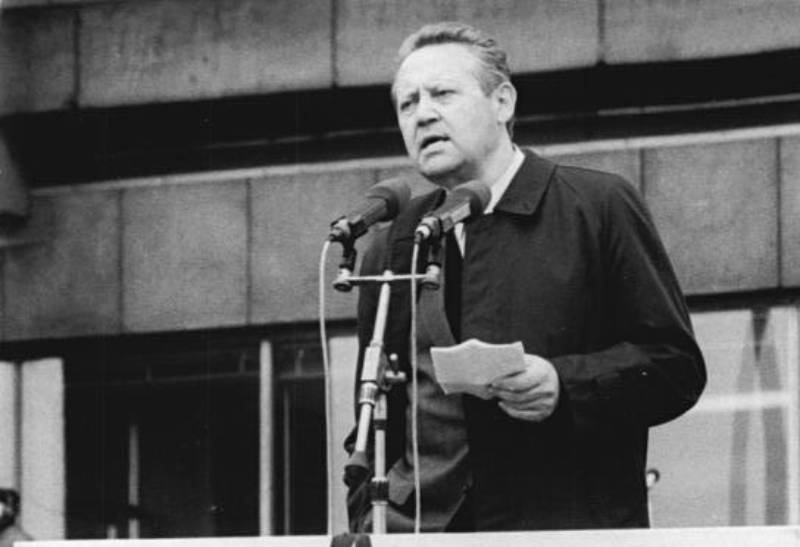 Link, Hubert, CC-BY-SA 3.0, Wikimedia Commons
Link, Hubert, CC-BY-SA 3.0, Wikimedia Commons
He Said The Wrong Thing
When asked when this regulation would be implemented, Schabowski replied, “According to my information ... immediately, without delay." He was terribly mistaken.
Miscommunication Madness
Turns out, Günter Schabowski had failed to provide key information. He should have clarified that East Germans could apply to leave the following day. Instead, everyone thought they could leave right away. Obviously, this led to chaos.
They Let Them Through
Soon, thousands of East Germans began rushing the wall. The border guards weren't willing use their arms to control the crowds, so they opened the border and let everyone through.

